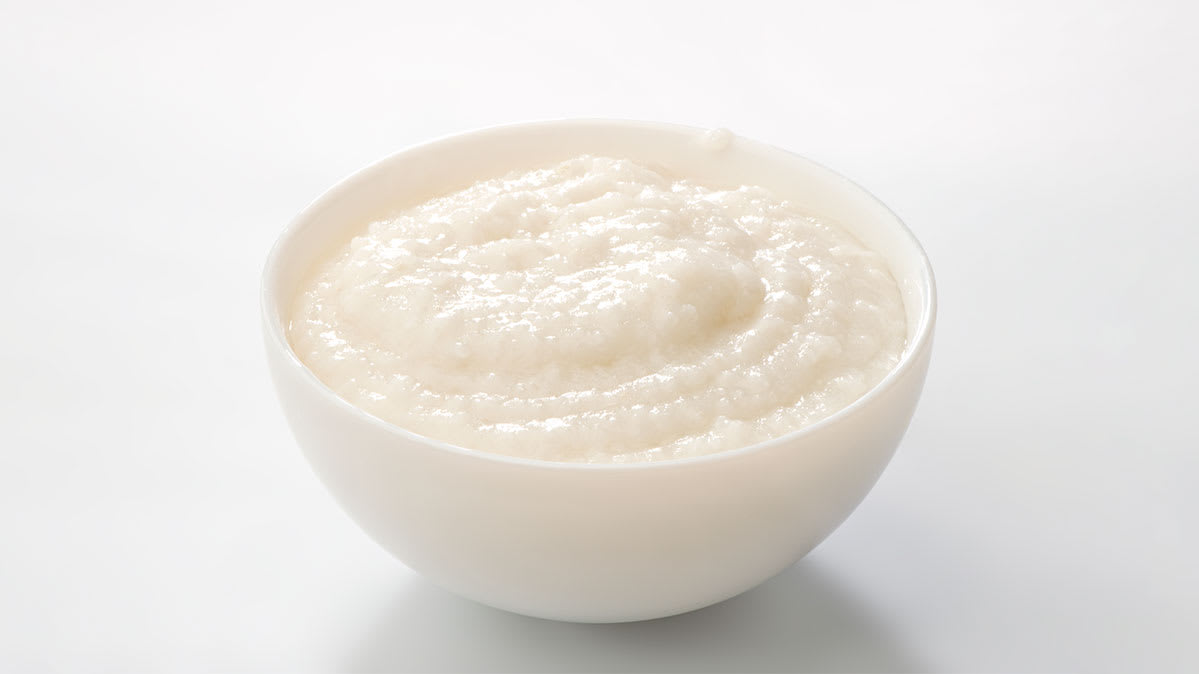
In April, the FDA outlined its Closer to Zero plan, meant to address the issue. The agency said it would propose limits for lead and arsenic in baby food in 2022, and then finalize the limit on lead by April 2024 and the arsenic limit sometime after that. The agency said it would propose limits on cadmium in mercury sometime after April 2024 as well.
While experts praised action by the agency, many called the timeline too slow—which is what today’s petition aims to address. James and other attorneys general want the FDA to propose its limits on arsenic, lead, cadmium, and mercury by April 2022 at the latest.
“It is becoming increasingly evident that the timelines outlined by the FDA in its Closer to Zero plan for addressing this critical public health issue are inadequate,” says Brian Ronholm, director of food policy for CR. “Consumer Reports strongly supports the expedited, science-based approach called for in Attorney General James’ petition, which offers a much-needed path to ensuring the safety of the baby food parents and caregivers serve their children every day.”
The Congressional reports also showed how a common practice among baby food manufacturers, the testing of product ingredients instead of finished products, consistently underestimates the level of heavy metals in food.
Another concern is making sure the limits set by the FDA are sufficiently protective. Currently, the only FDA limit on metals in baby food is a 100-part-per-billion limit for inorganic arsenic in infant rice cereal. Many experts say that is still too high because it was set based on cancer risk and still allows for levels of arsenic that could endanger cognitive development. The petition asks the FDA to set a lower limit for inorganic arsenic.
Since the first subcommittee report, several baby food manufacturers, including Beech-Nut, have stopped selling infant rice cereal because of challenges obtaining rice with low enough levels of arsenic. Beech-Nut announced it was exiting the market at the same time as it recalled its Single Grain Rice Cereal.
On Oct. 20, after another infant rice cereal recall, Consumer Reports wrote letters to executives at Earth’s Best, Gerber, and Walmart, asking these companies to suspend sales of infant rice cereals until a more protective health standard is in place for these products.
It’s possible to create baby food with lower levels of heavy metals, according to testing by Consumer Reports and other organizations, which has found that at least some baby foods have little or no detectable levels of heavy metals. This adds to the stack of evidence that shows the U.S. can and should take stronger action to protect infants, Ronholm says.
In the meantime, CR experts say that parents can help protect kids by limiting intake of the highest-risk foods, such as rice, sweet potatoes, and fruit juice. Varying foods can help ensure that kids get all the nutrients they need without getting too many heavy metals from one food in particular. Other whole grains, like oatmeal, tend to have lower heavy metal levels when compared with rice.
"heavy" - Google News
October 22, 2021 at 01:06AM
https://ift.tt/3aYSXCz
State Officials File Action for FDA to Get Heavy Metals Out of Baby Food ASAP - ConsumerReports.org
"heavy" - Google News
https://ift.tt/35FbxvS
https://ift.tt/3c3RoCk
heavy
Bagikan Berita Ini















0 Response to "State Officials File Action for FDA to Get Heavy Metals Out of Baby Food ASAP - ConsumerReports.org"
Post a Comment